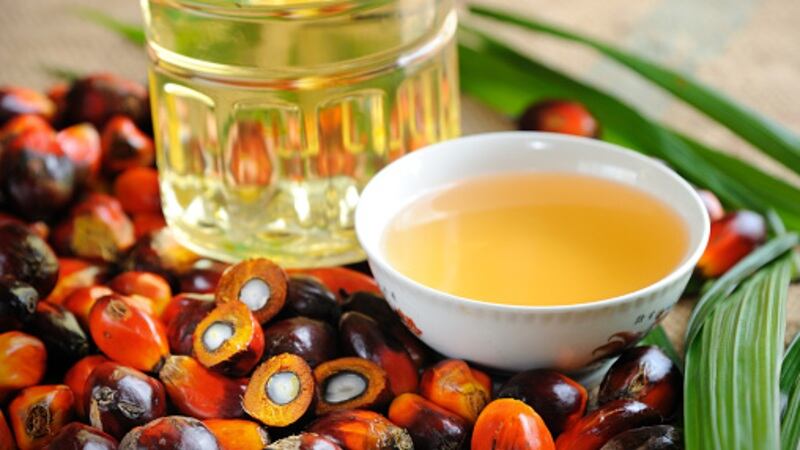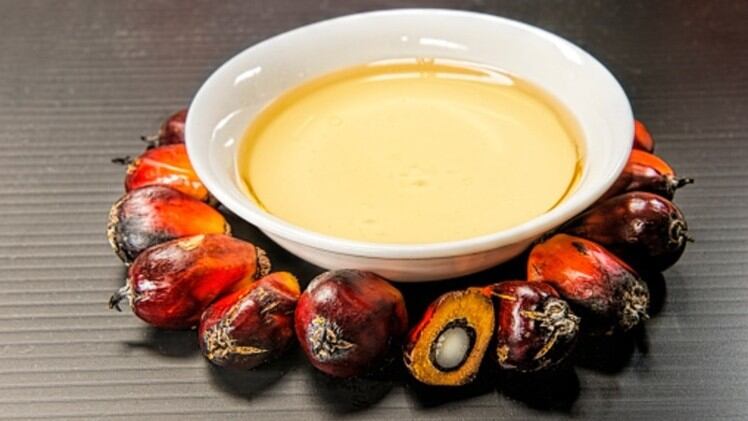The national scheme in Malaysia, for example, is mandatory for palm oil producers, but not their customers.
Such government-organised initiatives are seen as being crucial for boosting palm oil sustainability in the region because they are more likely to receive buy-in from producers than global, voluntary schemes.
However, industry experts have called out downstream firms, including food and beverage manufacturers, for remaining reluctant to fully embrace them.
“We all already know that sustainable palm oil is the way forward for reasons such as its high yield and suitability [for use in the food industry], but at the moment one of the biggest challenges that the industry is facing comes from the businesses themselves, including food and beverage firms,” Malaysia Palm Oil Certification Council (MPOCC) CEO Mohammad Hafezh Abdul Rahman told the floor during a dedicated palm oil session at the recent Dubai World Expo.
“Many of these businesses are not supportive of the idea even when it comes to national certification schemes endorsed by the government as they are mitigating profit and losses and continuing with business as usual despite knowing the importance of sustainability, [due to their focus on the] extra effort and cost needed that they need to put in to switch to sustainable palm oil.
“We know this because as part of voluntary schemes in the past, only some 20% of sustainable palm oil was taken up whereas the rest continued with business as usual – this is a mindset issue and a big shift is needed, one that is unlikely to happen quickly until something happens that affects their earnings positively or negatively.”
One potential ‘happening’ that could hasten the adoption of sustainable palm oil is the rise of Environmental, Social and Governance (ESG) requirements for firms in various countries, as well as the increasing demand from consumers to see firms taking action.
“Research has shown that businesses with sustainability-marketed products that have this clearly reflected on the packaging showed 5.5 times greater growth of 4.45% CAGR over the five years between 2013 to 2018 as opposed to conventionally marketed products (0.8% CAGR) and 3.3 times greater growth than the overall CPG market (1.35% CAGR),” he added.
“This shows that sustainability is no longer a luxury or a nice-to-have part of business, or simply a buzz word or niche criteria, but is a required one that is here to stay and businesses including in the food sector now need to prove their sustainable practices – and the best way to do this is via certification.
“Many of these firms that are reluctant to switch over due to the cost are wary of profits dropping or perhaps an as-yet low awareness of sustainability in their key markets. But the fact is that consumer demand for sustainable practices and ingredients is on the rise all around the world, and all businesses need get ready with their business plans for this now.
“Subscribing to national, government-endorsed certification schemes such as the Malaysian Sustainable Palm Oil (MSPO) [or] Indonesian Sustainable Palm Oil (ISPO) are definitely an important way to be business-ready for when those demands come knocking on their doors in a few years’ time.”
This was echoed by Malaysia’s Sarawak state government-linked palm oil firm Sarawak Oil Palm Berhad Head of Sustainability Galau Melayong, who stressed that certification is the way forward for sustainability commitments to be achieved, not just by the palm oil sector but also downstream players including food and beverage manufacturers.
"Even environmental NGOs, known to be amongst palm oil’s greatest protesters, have admitted that palm oil is ‘good’ if there is no deforestation, there are peatland restoration policies in place, and the industry supports smallholders,” he pointed out.
“The best way to achieve this is via certification, and national certifications can offer the most supported, cost-effective option here – it will also be important to get these national schemes externally audited to increase stakeholder confidence all through the supply chain, from importers to food firms to consumers.”
Local ‘flavours’ of sustainability
In addition, Mohammad Hafezh said that these national schemes have added advantage for firms in the palm oil producing countries such as Malaysia or Indonesia due to the important elements of localisation and government backing, which international schemes may not be able to provide.
“With local schemes, we are able to implement a step-wise approach to more effectively reach all of the industry, especially small and medium palm oil producers or firms,” he said.
“This is because local schemes can appeal more effectively to these players by catering to the Malaysian ‘flavour’ for MSPO [or] Indonesian ‘flavour’ for ISPO, in addition to being backed by governments such that certain implementations can be standardised.
“For example, MSPO certification was made mandatory in 2020, something that only national governance can do, and recently in 2022 new MS2530:2022 series standards have been updated for the scheme and will be implemented nationwide, which means a raise for the floor standards across the whole local industry.”
Moving forward, he highlighted the importance of certification schemes to be able to guarantee integrity and transparency via traceability technology, as this will be key to winning consumers over.
“Traceability is going to be very important to make products made with sustainable palm oil consumer- and retail-ready,’ he said.
“This is why in Malaysia for example, we are developing technology to enable certified MSPO certified sustainable palm oil to be traceable from the products on shelves all the way back to the plantations via MSPO Trace, [and] this will be easy to use via an app that can be downloaded from regular app stores.
“This sort of traceability and transparency is very important in order to gain consumer trust [as well as] expand awareness, and making the tech easily accessible to them is also crucial for this.”



